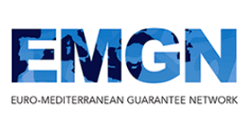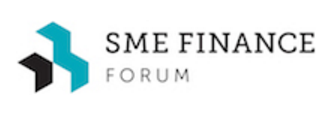January 2017
We gladly publish this note from our French member Bpifrance:
More than a year after the European Fund for Strategic Investments (EFSI) was set up, Bpifrance applauds the initial results of the Investment Plan for Europe (IPE), as regards the SME window in particular.
In June 2016, 185 contracts were signed in 26 European countries for a total of €2 billion committed (60% of the Plan’s SME budget); €50 billion of private investment was raised (2/3 of the target of €75 billion) and 141,000 businesses received support.
Faced with substantial market demand, in June 2016 the European Commission announced its intention of transferring up to €500 million from the infrastructure window to SME window instruments. Bpifrance warmly welcomes this decision.
The investment plan has produced three main favourable effects in the SME window:
- Faster deployment of existing European guarantee and equity financial instruments, such as InnovFin and COSME – a procedure called “frontloading”;
- Development within the EIB of an attitude of greater readiness to take risks (particularly the introduction of asymmetrical financing plans);
- The preparation of new European risk funding programmes (guarantees for unsecured loans, the equity platform, etc.).
The background situation remains unchanged: the EU is confronted with a cumulative productive investment deficit built up since 2008. So it is essential to face up to the hallenges of productivity and quality of investment.
In this respect, Bpifrance is happy about the role given to National Promotional Institutions (NPIs) in implementing the IPE. It is crucial to find ways of making European financing programmes dovetail better with those of national operators.
Of the announced €8 billion of the French contribution to the Juncker Plan (€2.1 billion of it for businesses), Bpifrance has already contributed €1.8 billion in financing and investment.
At a time of official discussions on a possible extension of the investment plan beyond 2018, in this note Bpifrance sets out (1) the EFSI projects it has undertaken and (2) some proposals on the future of the IPE.
Download the full document here



